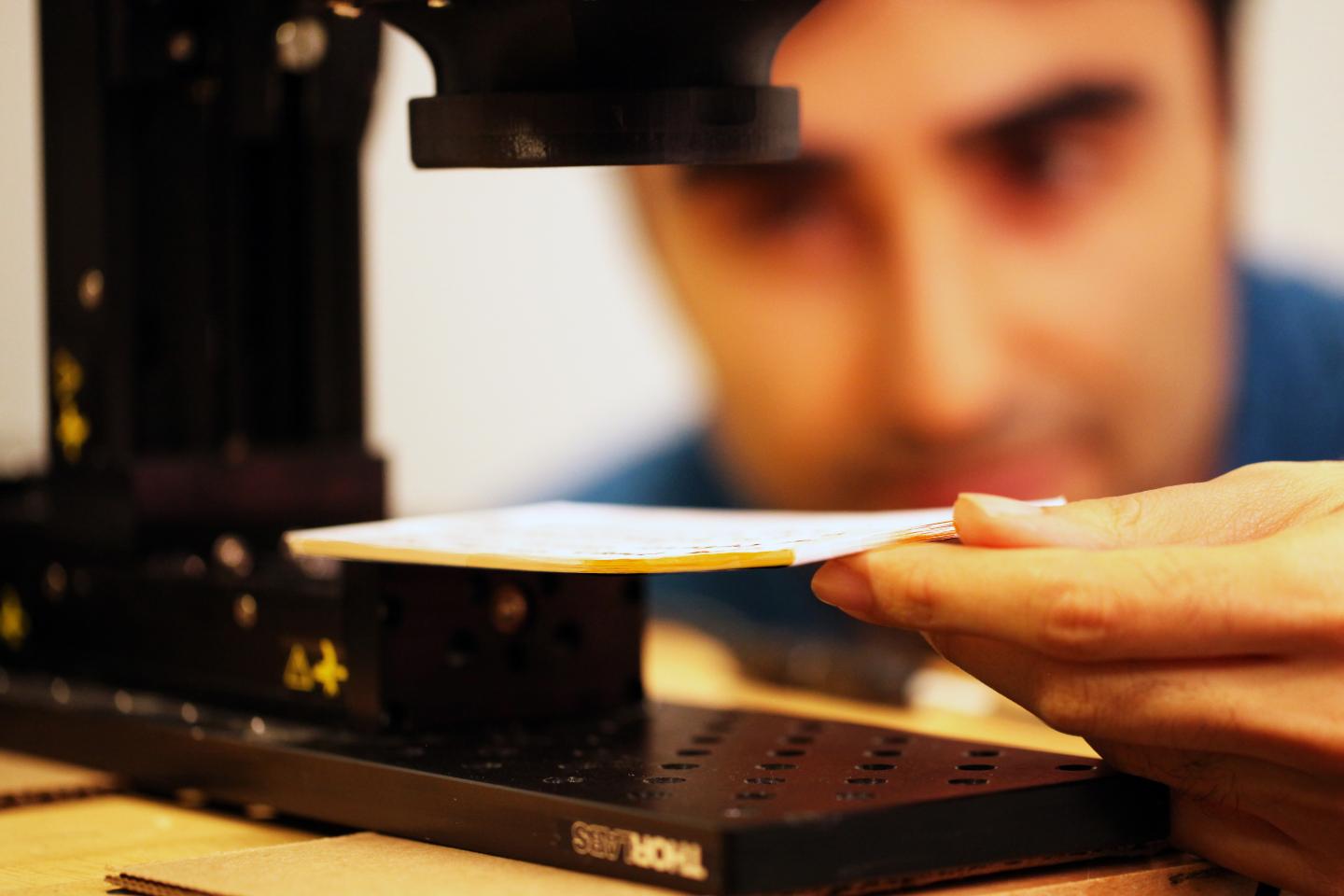Tune in tomorrow (Thursday, Nov 10, 2016) at 4:30PM Eastern. Find out what Edward Snowden has to say on the future of the US. [Source: StartPage via Engadget]
American technology policies could change significantly under Donald Trump, and that includes its stance on privacy. How will the new leader alter government surveillance, for example? Edward Snowden might have an answer. The whistleblower and Dutch search engine StartPage are hosting a live event on November 10th at 4:30PM Eastern to address what happens to privacy in the Trump era, among other questions. Snowden speaking engagements are nothing new, but this is special — he’s more than a little familiar with government spying activities, and this is his first chance to opine on how things might be different under a new administration.
Snowden hasn’t said much of anything about the subject as of this writing. However, Trump doesn’t exactly have a stellar record on internet privacy so far. He has proposed reauthorizing the Patriot Act and the previous, less restrained NSA mass surveillance that took place while the Act was in force. He tends to “err on the side of security” over privacy, even if he’s not especially fond of it. As such, Snowden probably won’t have many kind things to say. He’s in favor of more privacy wherever possible, and that could easily put him at greater odds with the US government than he is now.








